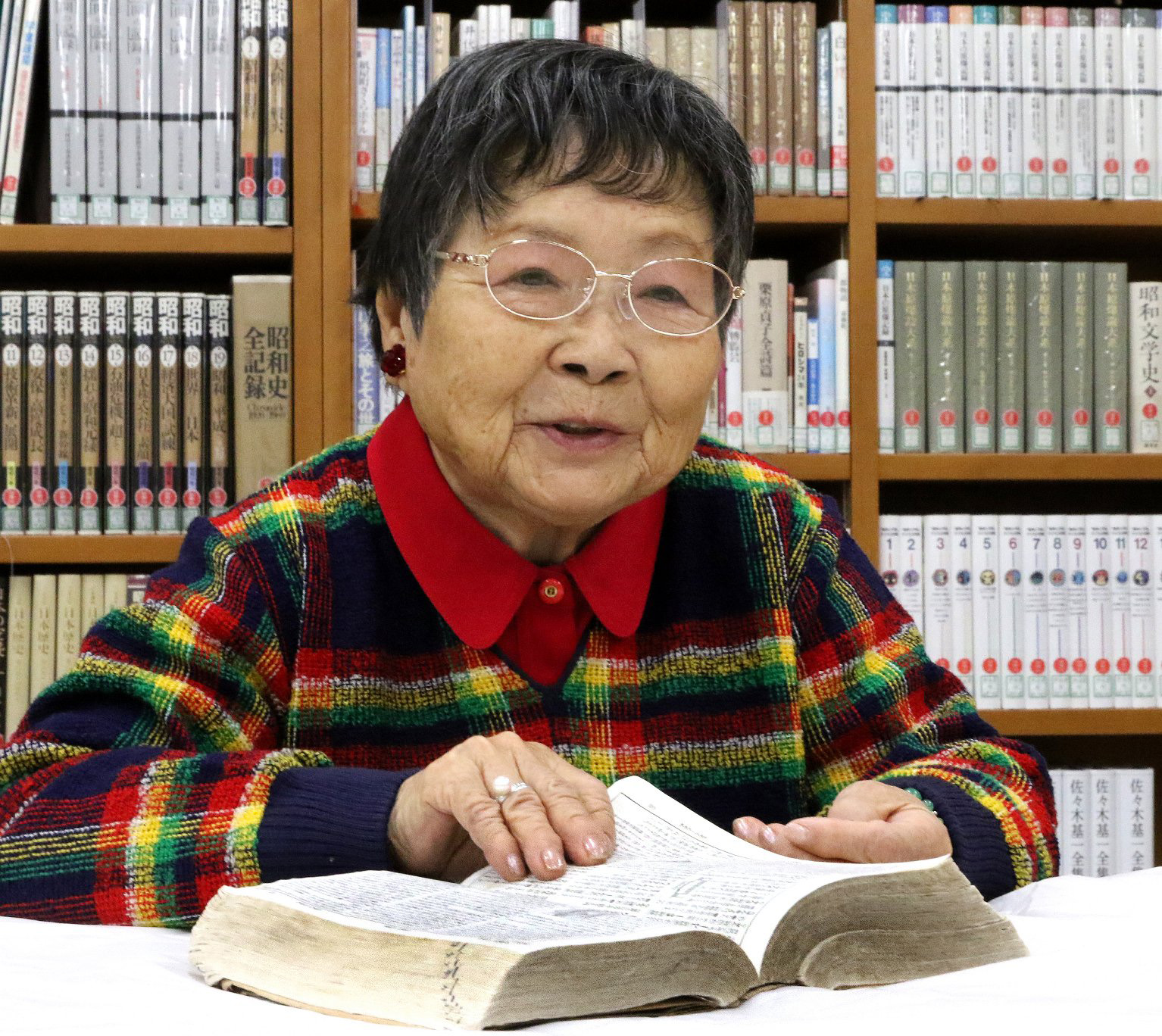For Sachiko Tanaka, her battered Japanese dictionary, the Kojirin, is not just any other lexicon.
It was something Tanaka read in her bed under the covers during blackouts throughout World War II, something she had in her hands when the atomic bomb hit Hiroshima on Aug. 6, 1945, and something she turned to when she wrote tanka poetry, her hobby, after the war.
More than 70 years after the war, Tanaka, 89, donated the precious Kojirin to the Peace Memorial Museum last summer, believing it should be preserved.

















With your current subscription plan you can comment on stories. However, before writing your first comment, please create a display name in the Profile section of your subscriber account page.